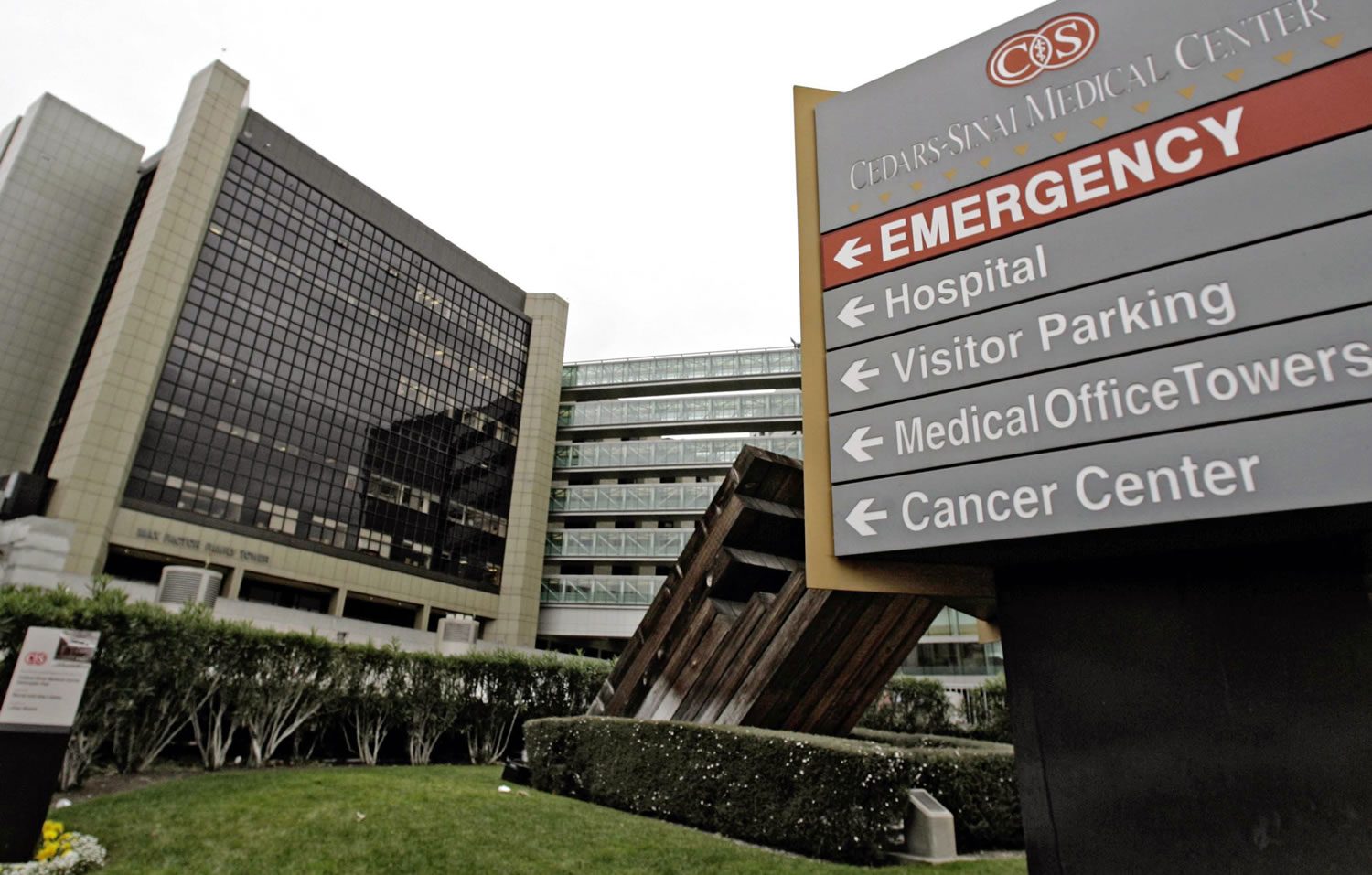WASHINGTON — Sudden cardiac arrest might not always be so sudden: New research suggests a lot of people might ignore potentially life-saving warning signs hours, days, even a few weeks before they collapse.
Cardiac arrest claims about 350,000 U.S. lives a year. It’s not a heart attack, but worse: The heart abruptly stops beating. CPR can buy critical time, but so few patients survive that it’s been hard to tell if the longtime medical belief is correct that it’s a strike with little or no warning.
A study that has closely tracked sudden cardiac arrest in Portland for more than a decade got around that roadblock by using interviews with witnesses, family and friends after patients collapse, and tracking their medical records.
About half of the patients for whom symptom information could be found had experienced warning signs, mostly chest pain or shortness of breath, in the month before sustaining a cardiac arrest, researchers reported Monday. The research offers the possibility of one day preventing some cardiac arrests if doctors could determine how to find and treat the people most at risk.
“By the time the 911 call is made, it’s much too late for at least 90 percent of people,” said Dr. Sumeet Chugh of the Cedars-Sinai Heart Institute in Los Angeles, who led the study reported in Annals of Internal Medicine. “There’s this window of opportunity that we really didn’t know existed.”
A fraction of patients considered symptoms bad enough to call 911 before they collapsed, and they were most likely to survive. That’s a reminder to the public not to ignore possible signs of trouble, said University of Pittsburgh emergency medicine specialist Dr. Clifton Callaway, who wasn’t involved in the study.
“Chest pain, shortness of breath: Those are things you should come in the middle of the night to the emergency department and get checked out,” said Callaway of the American Heart Association’s emergency care committee.
Previous heart attacks, coronary heart disease and certain inherited heartbeat disorders can raise the risk of sudden cardiac arrest. People known to be at high risk may receive an implanted defibrillator to shock the heart back into rhythm. But cardiac arrest is such a problem that the Institute of Medicine last summer urged a national campaign to teach CPR, so more bystanders know how to help.
Monday’s data from the Oregon Sudden Unexpected Death Study examined records for nearly 1,100 people ages 35 to 65 who sustained a cardiac arrest between 2002 and 2012.
For about a quarter of patients, researchers could find no data about whether they experienced symptoms, making it impossible to say just how common warnings are. But of the remaining 839 patients, half had evidence of at least one symptom in the month before their cardiac arrest, the study found. For most, the symptoms began within 24 hours of the incident, although some came a week before and a few up to a month. Chest pain was most common in men, while shortness of breath was more likely in women. Other symptoms included fainting and heart palpitations.
There was no way to determine symptom severity, but only 19 percent of patients, mostly those with already diagnosed heart disease or who were having recurrent symptoms, called 911 about symptoms. Their survival was 32 percent, compared with 6 percent for other patients. A fifth of those 911 callers had their cardiac arrest in the ambulance on the way to the hospital.



